The challenges of Romania’s EU presidency in 2019
Romania to start preparations for its term as rotating president of the European Council in the first half of 2019.

Corina Cristea, 01.09.2017, 12:00
A member of the European Union since 2007, Romania will take over the six-month rotating presidency of the European Council in early 2019, six months earlier than originally planned on account of the UKs decision to leave the Union. The Romanian authorities see the countrys mandate at the helm of the EU as a challenge and a premiere for Romania, as well as an opportunity to show what Romania can do for Europe. “We have to ensure professional management and demonstrate our ability to come up with compromise solutions that are acceptable for the EU member states and institutions”, presidential advisor Leonard Orban told Radio Romania. The Romanian official also explained what the EU presidency entails:
“First and foremost, its about ensuring the carry-over of various ongoing projects, whether were talking about legislative debates and processes or decisions that must be enacted. This must be done in an unbiased manner so as to defend the interests of all stakeholders in a balanced approach. Of course, each presidency has its own priorities, but these should be well contextualised so as to reflect ongoing developments at European level. Surely, you can table any priority, but they must be credible and achievable. We should not have unrealistic expectations from Romanias term as holder of the EU presidency, on the contrary, we should adjust our expectations to what can be done in a very complicated context.”
Among other things, the mandate will be marked by the UKs leaving the Union and also by the negotiations on the next multiannual financial framework. It will be a special situation, says Leonard Orban:
“[…] during Romanias EU Council presidency there will be elections for the European Parliament, which means that an entire series of legislative dossiers will have to be completed by early April. So in the first part of the mandate there will be huge pressure to finalise this legislative process. Secondly, there will be another important priority, that is the future EU budget after 2020. One way or another intense negotiations will be held during Romanias EU Council presidency. Of course, we need very good professionals. There are also other elements that we are interested in, and I will give you the example of the Eastern Partnership. It is a priority for us, but, I repeat, there is a whole series of topics to be debated and decisions to be taken during Romanias presidency. “
Besides the Eastern Partnership, the organisation of a summit in Romania, the continuation of the enlargement process, the security of the Black Sea region, the evolution of the Danube strategy and migration to the EU should also feature among Romanias concerns during its presidency, say the Romanian officials. Vasile Puscas, who led the negotiations for Romanias accession to the EU, explains:
“A process of Euroasian integration is taking place in the East, things are heating up in the south, in the Balkans, and in the north and north-west, we see illiberal or autocratic regimes. Given that we havent had any major achievements since we joined the Union ten years and four months ago, we will have the chance to demonstrate that we are truly committed to the process of European integration. If we play an active and not just an expositive part in this process, we will have the chance to build a strong economy at home and a balanced society from a social, political and cultural point of view, which would allow us to take part in the decision-making process with credible initiatives. Credible in the sense that we should also be able to implement them. In the first semester of 2019, when Romania will be holding the rotating presidency of the EU Council, all eyes in Europe will be on us to see if we are able to implement what we say we want for the EU. If we focus on implementation and achieving the internalisation of the European policies, we will be most credible as regards our projects for our presidency of the EU Council.”
In preparation for Romanias term, the Government has set up a National Council for the preparation of Romanias taking over the EU Council Presidency, has adopted an action plan, and has also set up a special unit within the Foreign Ministry, which will focus on this project.






























